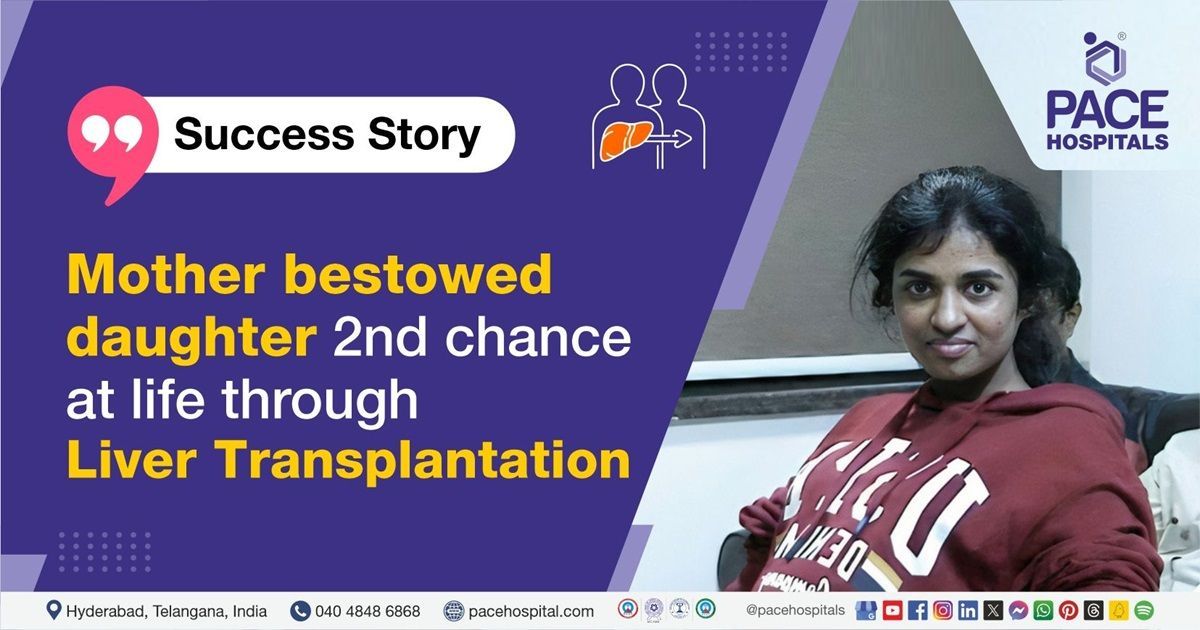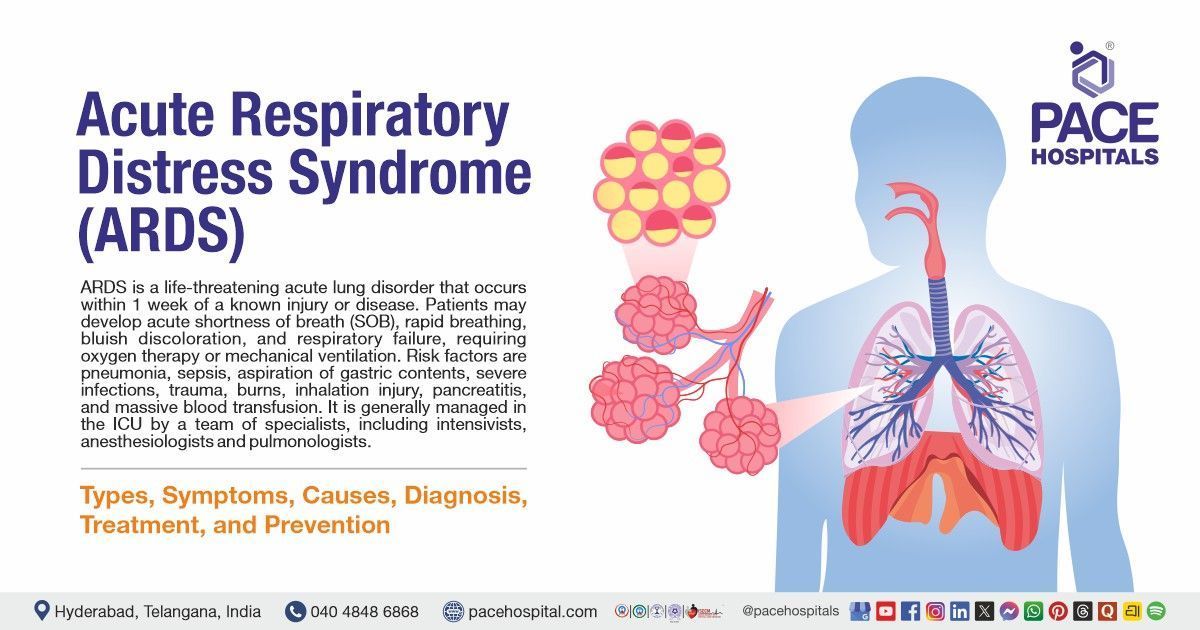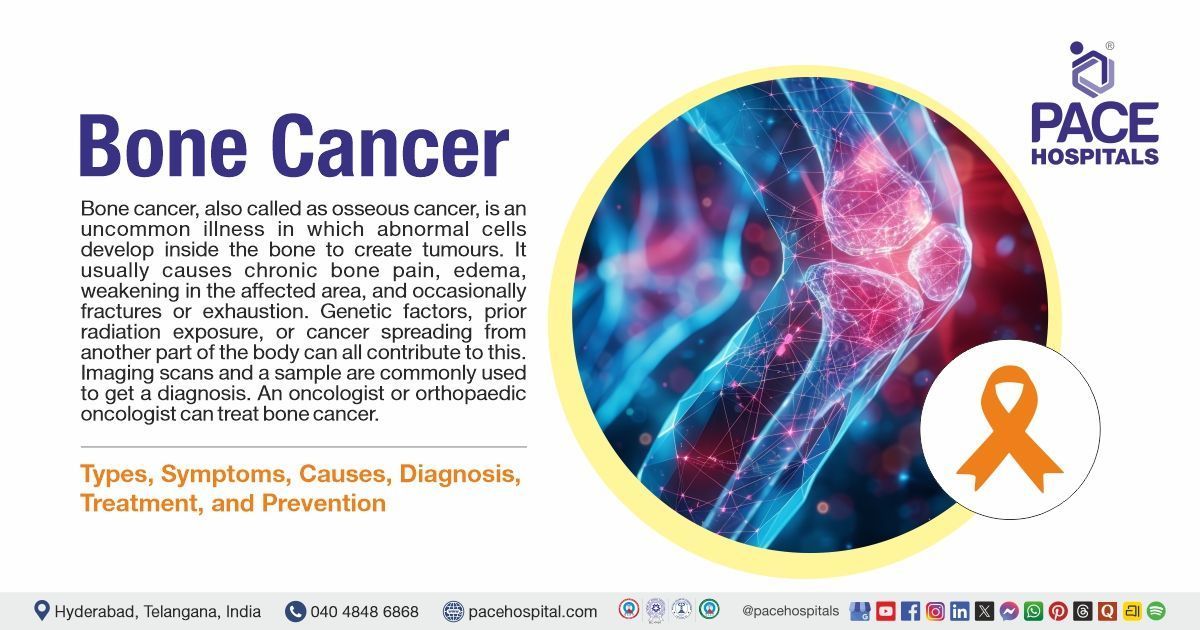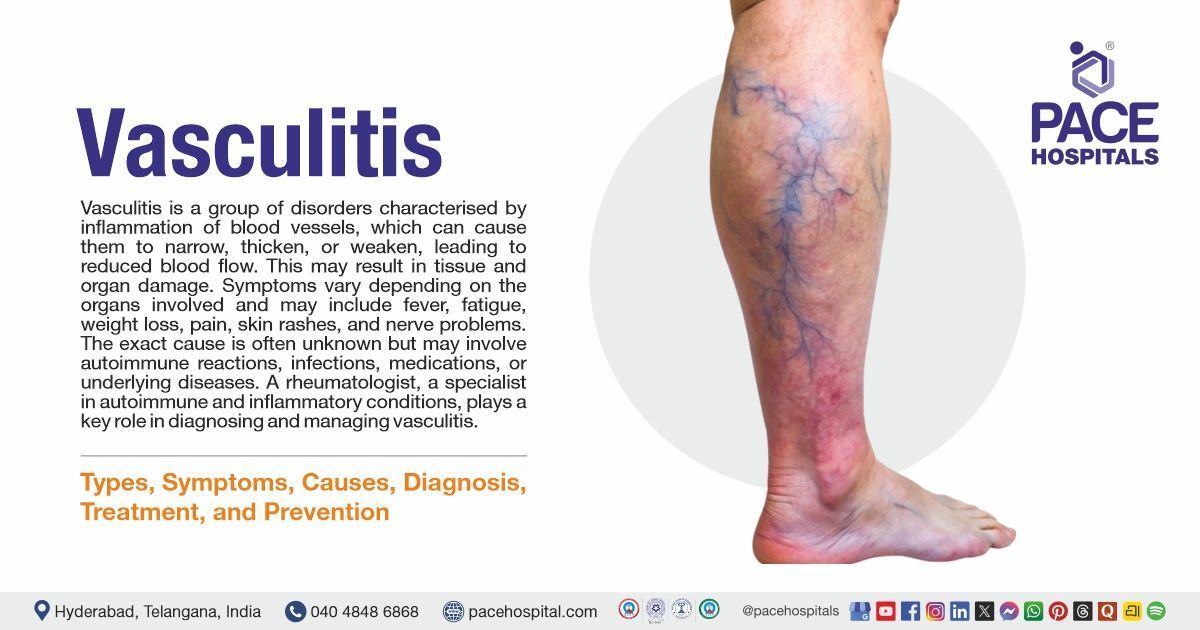A Successful Liver Transplant for a patient with Wilson’s Disease | Case study
PACE Hospitals
Liver Transplantation team at PACE Hospitals carried out successful Living Donor Liver Transplantation (LDLT) for a 24-year-old female with Wilson’s Disease. The transplanted liver portion was donated to the patient by her mother.
Chief Complaints
A 24-year-old female (Manjula) is a known patient of
Wilson’s Disease, which had been progressed to decompensated chronic liver disease. She was presented to the
PACE Hospitals, Hitech City, Hyderabad for liver transplantation.
Past Medical History
The patient is a known case of Wilson’s Disease, which had been progressed to decompensated chronic liver disease. With medical tests, it was ascertained that she was also suffering with gastrointestinal bleeding, and hepatic encephalopathy – both these conditions are common with chronic liver failure.
Diagnosis
To extensively evaluate her profile, various medical tests performed, such as:
- The complete blood picture
- Serum electrolytes
- Liver function tests
- D-Dimer
- Urine examination
- An explant liver biopsy
- SARC 2 COVID -19 RTPCR, etc
These tests are necessary to understand the overall health and the progress of the condition.
- An explant liver biopsy found that the patient was also suffering from gastrointestinal bleeding, and hepatic encephalopathy. These are not uncommon with cases of Wilson’s Disease.
- Urine examination is necessary for Wilson's disease patients to measure copper levels.
- A 24-hour urinary copper excretion is a sensitive test.
- D-Dimer test is done to estimate the extent of loss in clotting function. Clotting issues are common in chronic liver failure.
- The Chest X-Ray revealed mild right pleural effusion, devoid of any other cardiopulmonary pathology. To confirm any diagnostic discrepancy in view with pleural effusion, the patient was also subjected to COVID -19 test (SARC 2 COVID-19 RTPCR test) which turned out to be negative.
To confirm the diagnosis and assess the extent of Wilson’s Disease and its related complications, the patient underwent a comprehensive diagnostic evaluation.
Following the results, she was advised to undergo
Wilson's Disease Treatment in Hyderabad, India, under the expert care of the Liver Transplant Department for specialized management and intervention.
Treatment
The team of liver transplant doctors including Dr. CH Madhusudhan, Dr. Govind Verma and Dr. Suresh Kumar asserted that a liver transplant was the only way to save the patient.
Following the confirmed diagnosis, the patient was scheduled for a living donor liver transplant in Hyderabad at PACE Hospitals, under the expert supervision of Liver transplant surgeon Dr. CH Madhusudhan.
The patient was put on multiple lifesaving supports; efforts were made to obtain a liver from donors after the party was counselled about the urgency of a liver transplant. Understanding the situation, the mother of the patient came forward willfully to donate a portion of her liver.
Both the patient, the donor, and their attendees were counselled about the liver transplant procedure. Passing the pre-anaesthesia checkup (PAC) test and obtaining all the clearances, the patient signed the informed consent.
The patient underwent Living Donor Liver Transplantation (LDLT), receiving a right lobe modified liver graft, and the procedure was performed by the liver transplant surgeons in Hyderabad at PACE Hospitals, without any complications.
The Aftermath
The post-operative period was uneventful except for the requirement of oxygen support, which was weaned off later. Till discharge, she was supported with atmospheric room air. Also, research demonstrated that in patients with lower arterial oxygen content after graft reperfusion may have a higher risk of early allograft dysfunction, leading to longer hospitalization, acute kidney injury, and higher mortality rates. Post-surgical oxygenation after a liver transplant is crucial for functional recovery.
Hydration and albumin infusions: The intravenous fluids are given to maintain hydration. The rate and quantity of fluid was monitored regularly by urine output and renal (kidney) function test reports. Post surgical abdominal drains demonstrated higher output, which was managed medically with albumin infusions. The post-surgical abdominal drains were attached to reduce the levels of ascetic fluids which are collected in spaces within the abdomen of the patient. Massive ascites at an early stage after liver transplantation can cause vascular complications; massive ascites is considered to be a poor prognostic factor.
Albumin is a protein commonly seen in blood and is responsible for maintaining the plasma albumin concentration and volume substitution (in a crude way - thickness). It may help manage high abdominal drains by maintaining oncotic pressure and improving organ function.
The necessary medicines, immunosuppressives, antibiotics, antifungals, proton pump inhibitors, multivitamins, antiemetics, analgesics, antipyretics & other supportive care were given along with the counselling regarding the prognosis & risks. Gradual improvement in liver enzymes were seen, as evidenced by the regular liver function tests (LFTs). The immunosuppression doses were also adjusted accordingly.
Once the patient achieved hemodynamic stabilisation, she was discharged with the necessary medications and advice for follow-up. She was advised to wear a mask at all times and advised against going into the crowds. The importance of hand sanitisation was also explained. She was recommended to a home cooked diet containing high protein.
The senior consultant surgical gastroenterologist and liver transplant doctor/specialist, Dr. CH Madhusudhan, praised the selfless sacrifice of the patient’s mother, showcasing the triumph of human compassion and medical excellence. His remarked the 2nd chance at life which was bestowed to the patient and her chance to prove her worthiness by reaching the zenith in her life.
Conclusion
This case underscores the success of a Living Donor Liver Transplantation (LDLT) using a left lateral segment graft, reflecting the high standards of Hepatolenticular Degeneration Treatment in Hyderabad, India. It highlights how expert care and timely intervention led to the effective restoration of liver function, offering the patient a renewed chance at life.
The necessity of liver transplantation in Wilson’s disease
The natural history of untreated Wilson’s disease leads to premature death due to liver failure or its complications, conspicuously owing to neurological symptoms.
Although through the use of copper chelation to remove copper and the usage of zinc salts to prevent copper absorption may help in the symptomatic management of Wilson’s disease, liver transplantation is necessary in most patients who may not survive if medical therapy is inadequate.
Liver transplantation is curative for Wilson's disease, since the underlying defect for this disorder is found in the liver. Medical therapies may successfully be used for most patients with Wilson disease; however, few patients with advanced end-stage liver disease are nonresponsive to medical therapy. In these patients, liver transplantation is necessary and life-saving.
The American Association for Study of Liver Diseases guidelines on Wilson disease suggest that a 3-month trial of medical therapy be considered; however, if a patient’s clinical or biochemical status declines during this treatment period, liver transplantation should be expedited to ensure a good outcome.
A study published in 2014 also considered the possibility of liver transplantation for Wilson disease patients with chronic liver failure with a modified Wilson disease score of 11 or higher and in addition included as a condition for liver transplantation unresponsiveness to chelation therapy in patients who progressed to cirrhosis with portal hypertension.
Data from all over the globe demonstrate the excellent short-term and long-term outcomes for liver transplantation for Wilson’s disease.
Share on
Request an appointment
Fill in the appointment form or call us instantly to book a confirmed appointment with our super specialist at 04048486868











